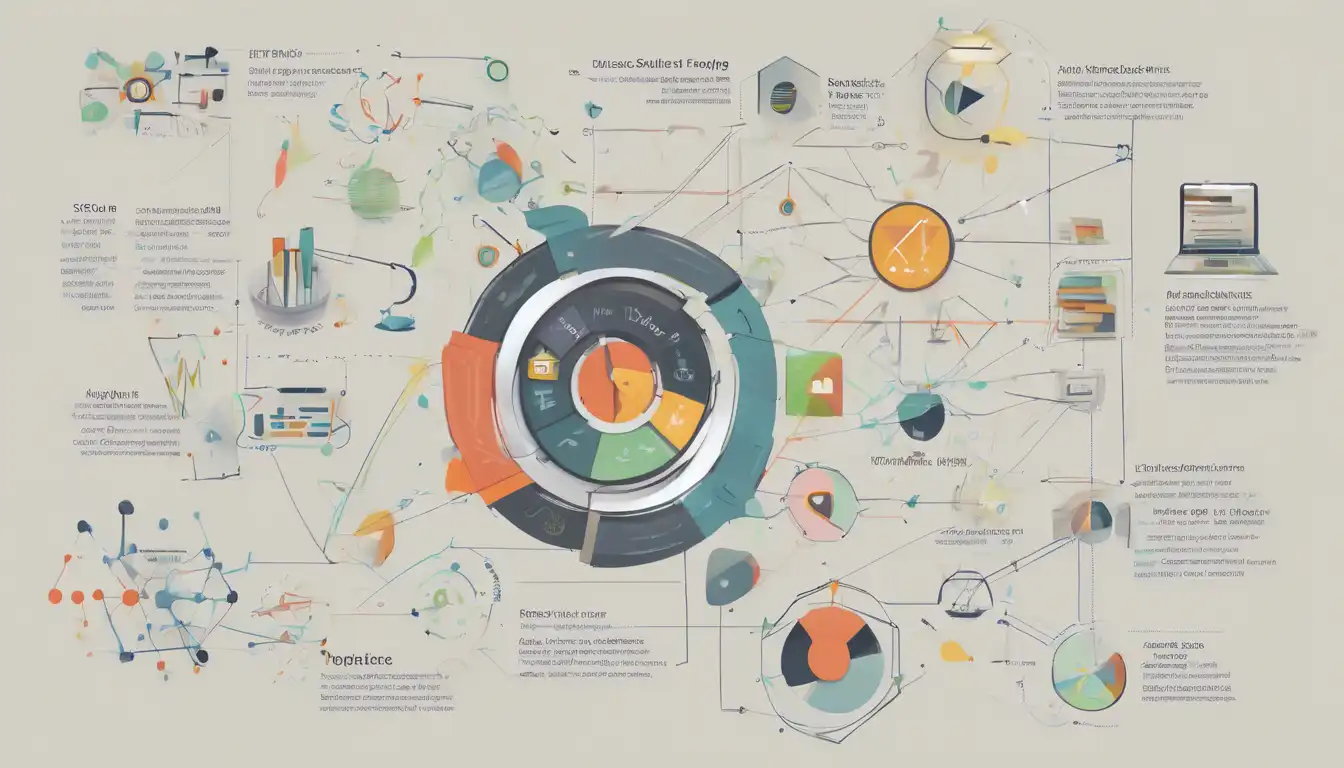Introduction to Data Science Tools
In the rapidly evolving field of data science, staying updated with the latest tools and technologies is crucial for every analyst. Whether you're a beginner or an experienced professional, knowing which tools can enhance your productivity and analytical capabilities is key. This article explores the essential data science tools that every analyst should be familiar with.
Programming Languages for Data Science
At the heart of data science are programming languages that allow analysts to manipulate data and build models. Python and R are the two most popular languages in the data science community. Python is renowned for its simplicity and versatility, making it ideal for beginners and experts alike. R, on the other hand, is specifically designed for statistical analysis and graphical models.
Data Visualization Tools
Visualizing data is a critical step in understanding complex datasets. Tools like Tableau and Power BI enable analysts to create interactive and visually appealing dashboards. For those who prefer coding, libraries such as Matplotlib and Seaborn in Python offer extensive customization options for data visualization.
Big Data Technologies
With the exponential growth of data, handling large datasets efficiently has become a necessity. Apache Hadoop and Spark are two powerful frameworks designed for processing big data. They allow analysts to work with vast amounts of data across distributed computing environments, significantly reducing processing time.
Machine Learning Libraries
Machine learning is a cornerstone of data science, and libraries like Scikit-learn, TensorFlow, and PyTorch have become indispensable. These libraries provide pre-built algorithms and functions that simplify the development of machine learning models, from regression to deep learning.
Database Management Systems
Storing and retrieving data efficiently is another critical aspect of data science. SQL remains the standard language for interacting with relational databases, while NoSQL databases like MongoDB offer flexibility for handling unstructured data.
Conclusion
Mastering these data science tools can significantly enhance an analyst's ability to extract insights from data. While the list is not exhaustive, focusing on these essential tools will provide a solid foundation for anyone looking to excel in the field of data science. Remember, the best tool is the one that fits your specific needs and project requirements.
